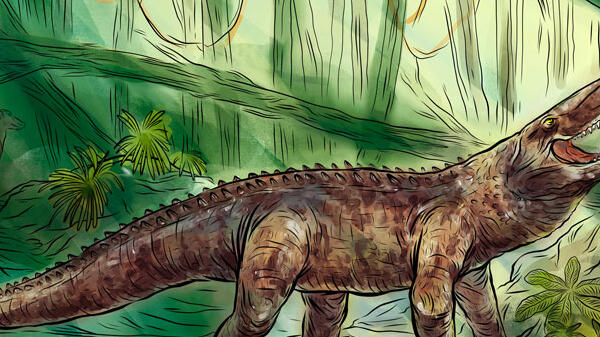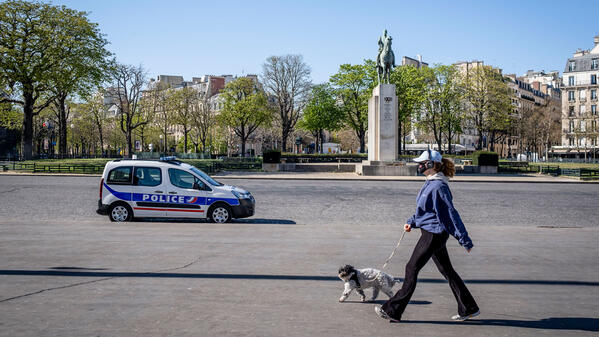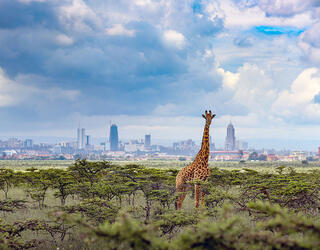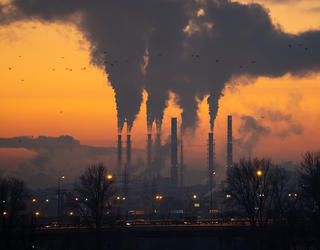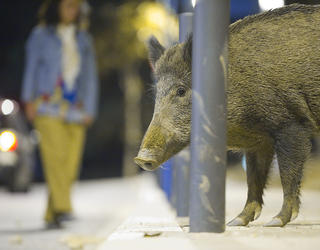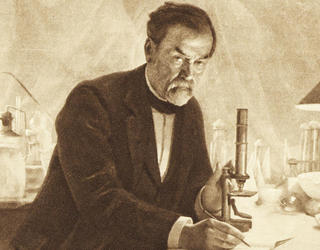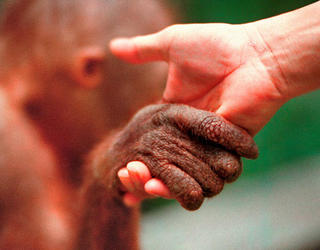Professor Mehdi Beniddir, both a researcher in chemistry and a pharmacist, explains how pharmacognosy makes it possible to develop new medicinal drugs from substances found in nature.
Article
05.16.2024
A massive asteroid struck the Earth 66 million years ago, dramatically affecting marine and terrestrial environments, and causing the mass extinction of numerous animal and plant species. The sebecosuchians, a highly-adaptable group of reptiles belonging to...
Slideshow
04.26.2024
In March 2020, France was one of the countries that adopted the strictest lockdown measures in an attempt to curb the Covid-19 pandemic. The historian and sociologist Nicolas Mariot looks back at this experiment in mass obedience.
Article
04.26.2024
Our topics
04.06.2023
Major urban areas leave very little room for biodiversity, often relegating it to a decorative role. The entire concept of the city urgently needs to be revised, to make it more hospitable to flora...
Article
03.27.2023
It has been the very foundation of post-war economic policies, but is the idea of GDP compatible with the goals of the ecological transition? According to some economists, this purely monetary...
Slideshow
03.24.2023
An increasing number of women are outperforming men in very long ultra-trail races. Do they enjoy better endurance and muscle recovery? Should they be offered different training to reach their full...
03.19.2023
On the occasion of the forthcoming publication of the Synthesis Report of the Sixth IPCC Assessment Report, the science historian Hélène Guillemot explains how knowledge on climate change has...
Article
02.21.2023
Now a worldwide phenomenon, urbanisation keeps gaining ground, transforming our landscapes as well as our lifestyles and social organisation. By 2050 the world’s urban population will have increased...
Article
02.13.2023
Is the city a neutral place? The answer, according to geographers, is a resounding “no”. Conceived by men, the city is a male space that disadvantages women every day. From urban design to public...
Article
01.12.2023
The sociologist Sophie Dubuisson-Quellier, a member of France’s HCC high council for the climate, talks to CNRS News about the concept of energy sobriety, its goals and the obstacles it faces.
01.12.2023
Once rare in the French countryside, the wild boar is now considered a nuisance to be actively hunted. The ecologist Raphaël Mathevet explains how wild boar populations have been growing since the...
Article
12.28.2022
With the recent release of the sequel to James Cameron’s blockbuster, we asked the anthropologist Perig Pitrou for his analysis of the first instalment. Beyond nature and culture, what...
12.26.2022
For the bicentennial of the birth of Louis Pasteur (1822-1895), the biologist Michel Morange, author of a recent biography of the famous scientist, talks about his life, work and legend.
Article
12.16.2022
Throughout history, on every continent, women have been killed because they were women. In order to study the particular nature of this type of violence and analyse its causes, researchers insist...
12.07.2022
Philippe Grandcolas, deputy scientific director at the CNRS Institute of Ecology and Environment, reviews the major issues at stake at the COP15 conference that was held in Montreal, Canada, from 7...



